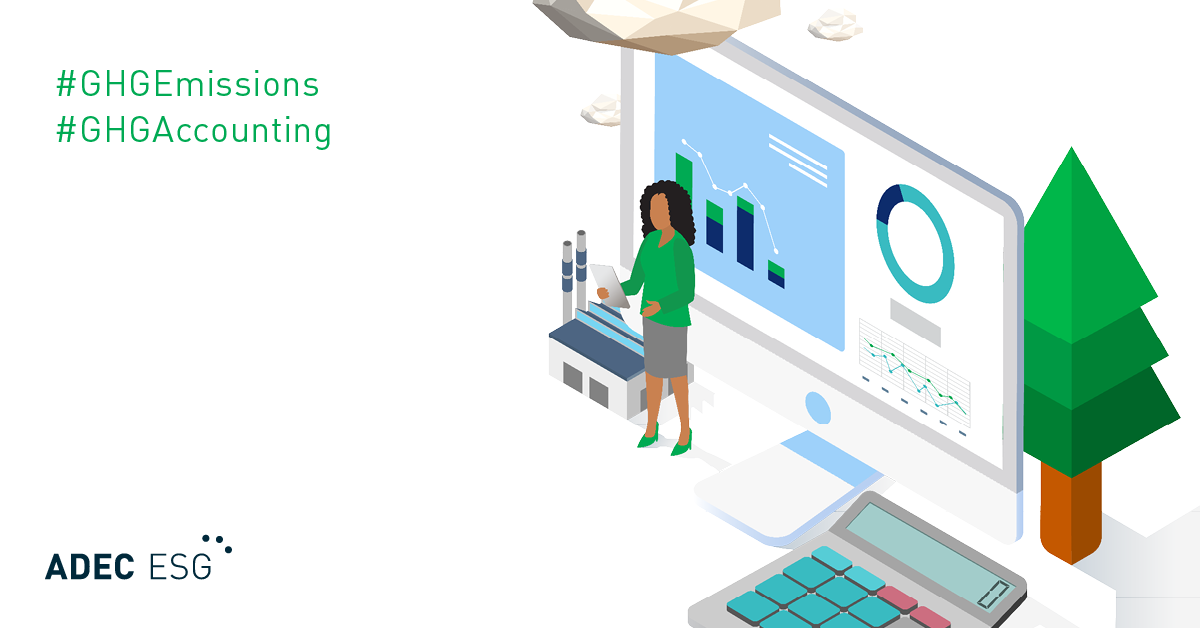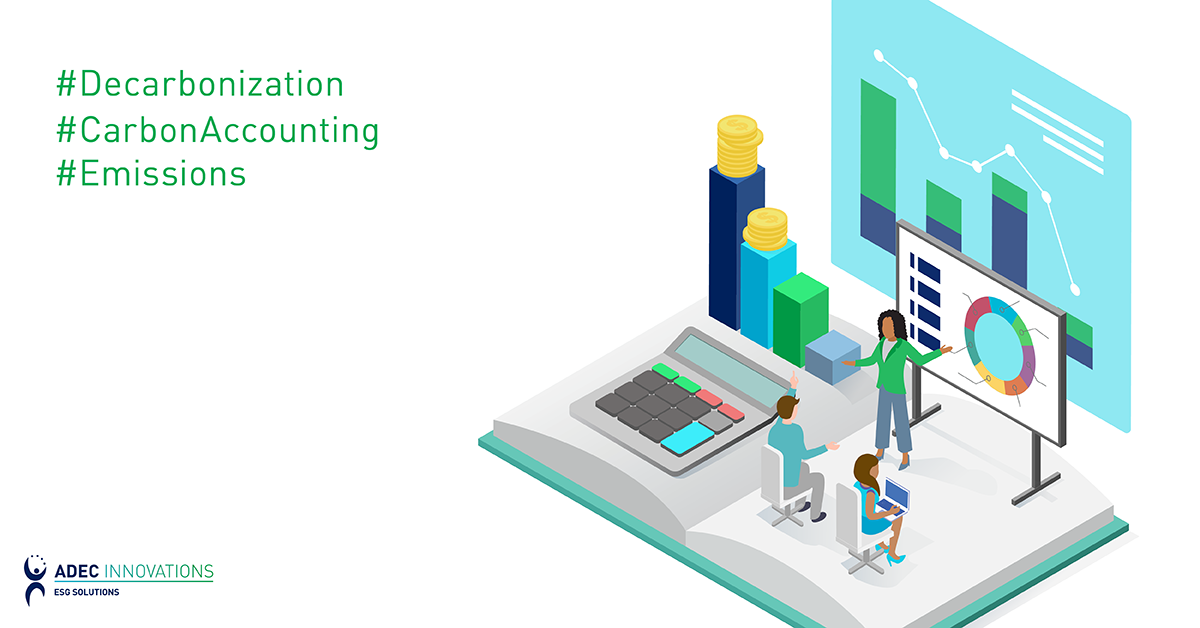Voluntary participation in carbon cap and trade is one of those things that is worthwhile to do even though not everyone is doing it, and it does require some effort. There are direct and indirect financial rewards for companies that do so. Ontario’s cap and trade program was implemented July 1, 2016.
Companies that emit between 10,000 and 25,000 tonnes of greenhouse gas (GHG) emissions per year from all sources that voluntarily register with the province were required to do so before November 1, 2016. Small companies can join an association to meet this threshold.
When a company registers, it does so as a “capped participant” with a compliance instrument tracking system service (CITSS). The CITSS tracks the ownership, sale, transfer, and retirement of allowances, and offsets credits between entities. For Ontario, the CITSS is the Western Climate Initiative, Inc. (WCI Inc.), which also includes the province of Quebec, and the state of California. Registration is done by the company or an agent.
When a company opts in to the cap and trade program, the company benefits:
1) You are eligible for free allowances.
The company can apply for free allowances to be applied to specified GHG activities engaged at the facility. You are then notified when the allowance is given free of charge. The free allowance can actually reduce your costs, thereby giving you an advantage over your competitors.
2) You can participate in carbon auctions.
You can participate in the auction platform operated by WCI, Inc. to buy or sell carbon credits. Compliance is monitored by a third party. Keeping track on an Excel document is not good enough.
You can only take advantage of these cap and trade features if you registered voluntarily before November 1, 2016. The sooner you start the process, the better.
There are several indirect financial benefits of significant value when a company voluntarily registers in the carbon cap and trade program that add a significant value to the company itself. Following are a few:
1) The company shows it is adapting to the reality of climate change, which is looked upon favourably by financial institutions, insurance companies, shareholders, pension funds, suppliers, and others. It also signals a corporate cultural shift.
2) The company shows it has a grasp of its risk exposure to climate change, and is implementing a longer term business plan.
3) The company is operating with greater transparency and accountability. Disclosure shows a willingness to find solutions in a fast-changing environment. Having the right tools makes it easier to do so. Third party monitoring companies such as ADEC Innovations, formerly known as FirstCarbon Solutions (FCS), and SMV Energy Solutions help ensure that you’re implementing a tried and true program that is easy to integrate, use, and maintain with an intuitive dashboard. SMV Energy Solutions also already meets the WCI, Inc. standard for monitoring and auction, so it has the value of being a valuable operating tool.
4) Although carbon cap and trade tracks emissions, the reporting provides the company with valuable information on all of its energy consumption, which includes electricity, heating, water, and landfill waste. This is useful for the executive team.
5) With the information being reported, the executive team can make informed decisions with confidence. They will also have a holistic view.
6) Having this information will also reduce other operating costs, which will be a boon over competitors.
7) Associations can band together to take advantage of these benefits.
Just like climate change itself, the shift towards carbon cap and trade is happening, and it is happening rapidly. The sooner the transition to carbon track and trade takes place, the easier the transition will be.
The views and opinions expressed is this article are solely those of the original author. These views and opinions do not necessarily represent those of ADEC Innovations, and/or any/all contributors to this site.
ADEC ESG helps you get beyond simple spreadsheet-based tools to help you accurately inventory and manage your carbon intensity for greater profitability and sustainability. Our expertise and tools help professionals manage operations efficiently and strategically while more easily meeting requests for data. For more information on understanding your GHG emissions, download our white paper, ‘Carbon Accounting Methods for Estimating Scope 3 Emissions.’




